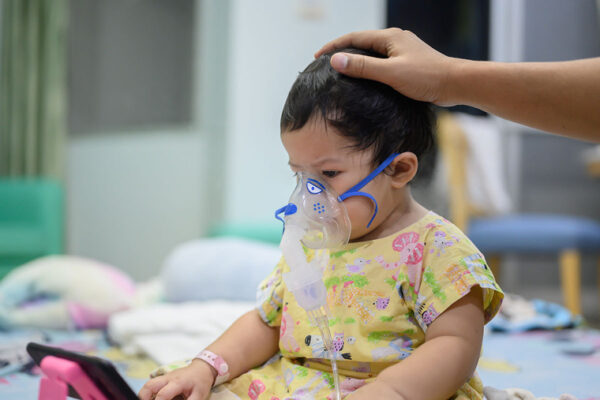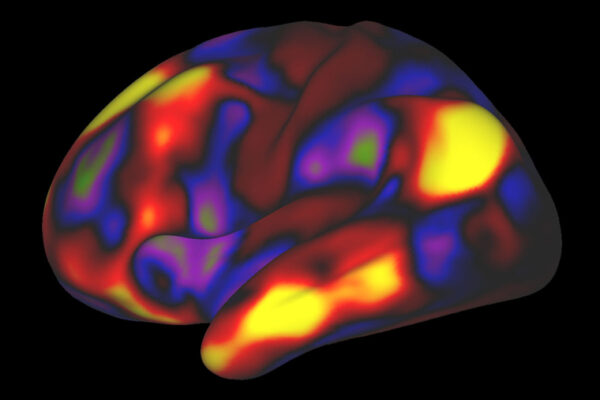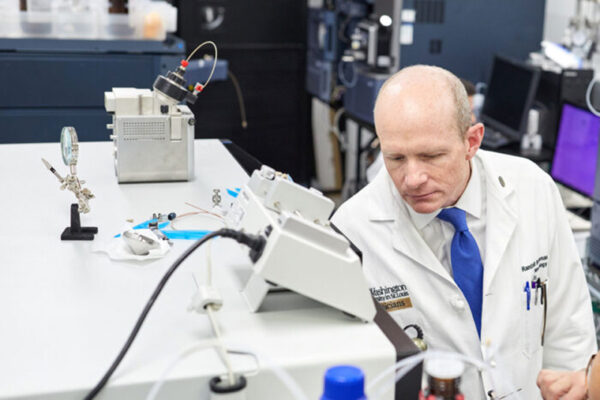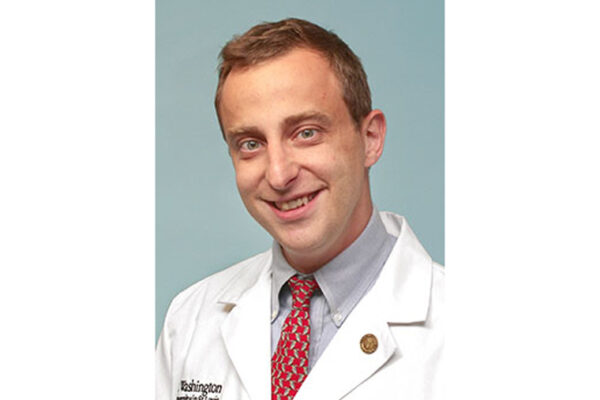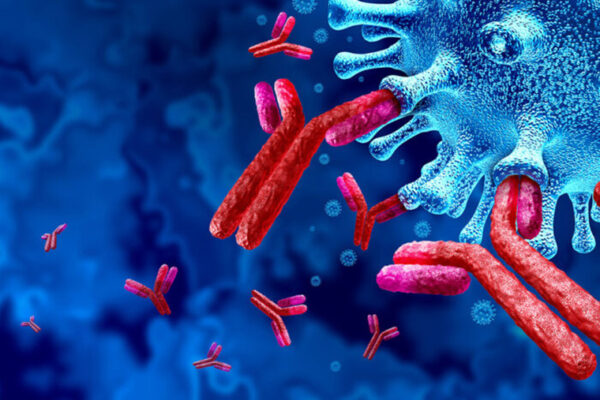Antibiotic doesn’t prevent future wheezing in babies hospitalized with RSV
Antibiotics provide no benefit in preventing future recurrent wheezing in babies hospitalized with respiratory syncytial virus (RSV), according to a new study led by Washington University School of Medicine researchers.
Does improving sleep reduce signs of early Alzheimer’s disease?
School of Medicine researchers are launching a phase 2 clinical trial to study whether using medication to treat sleep problems in older adults can reduce signs of early Alzheimer’s disease.
Craver wins National Science Foundation grant
Carl F. Craver, a professor of philosophy and of philosophy-neuroscience-psychology in Arts & Sciences, has won a grant of $282,603 from the National Science Foundation for research on time and episodic memory.
Risk, resiliency in aging brain focus of $33 million grant
Funded by a $33.1 million grant from the National Institute on Aging, researchers from the School of Medicine and other institutions have launched a large study that investigates just what keeps our brains sharp as we age and what contributes to cognitive decline.
Predicting the chaos in Tourette syndrome tics
Interdisciplinary research from Washington University in St. Louis has uncovered a pattern in the tics associated with Tourette syndrome.
Blood test for Alzheimer’s highly accurate in large, international study
Using mass spectrometry, Washington University School of Medicine researchers have developed a blood test that is up to 93% accurate at identifying people at risk of Alzheimer’s dementia. The findings suggest that the test should be considered for routine screening and diagnosis.
Low-cost, 3D printed device may broaden focused ultrasound use
WashU’s Hong Chen and her team have developed a method for producing a low-cost, easy-to-use focused ultrasound device that can help open up the blood-brain barrier for non-invasive procedures and diagnostics.
Ances honored by Down syndrome society
Beau M. Ances, MD, PhD, the Daniel J. Brennan Professor of Neurology at the School of Medicine, recently received the Shining Star Award from the Down Syndrome Association of Greater St. Louis.
COVID-19 survivors face increased mental health risks up to a year later
People who have had mild or serious COVID-19 infections have a significantly higher chance of experiencing mental health problems, according to new research from the Washington University School of Medicine and the Veterans Affairs St. Louis Health Care System.
Antibodies improve in quality for months after COVID-19 vaccination
Antibodies elicited by COVID-19 vaccination become steadily more powerful for at least six months after vaccination, according to a study by researchers at Washington University School of Medicine that involved the Pfizer-BioNTech COVID-19 vaccine.
Older Stories
